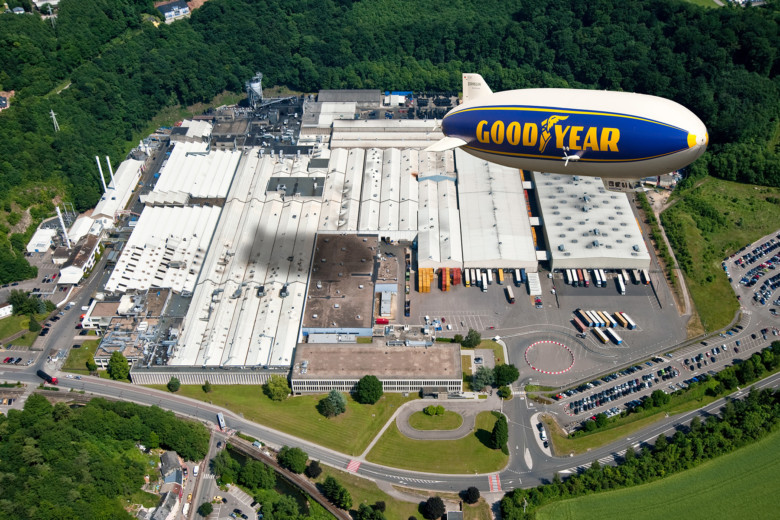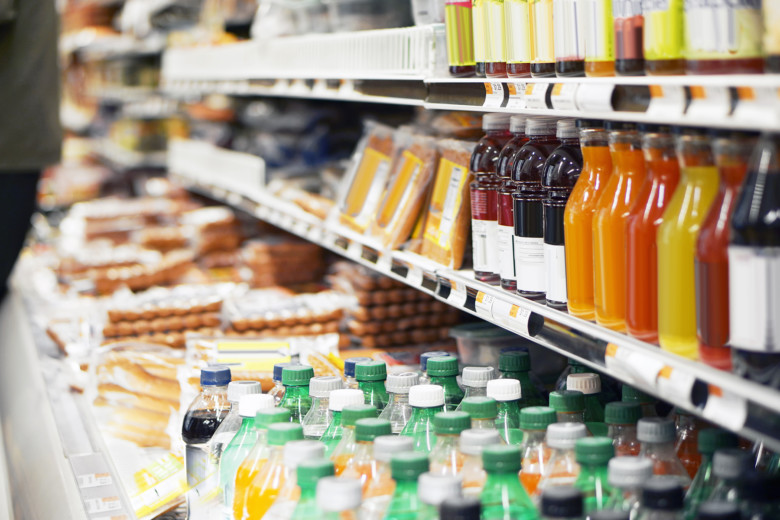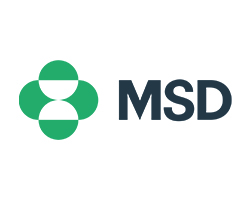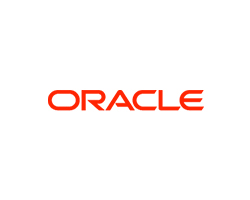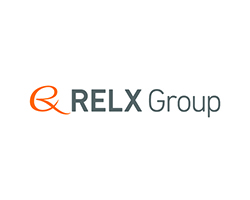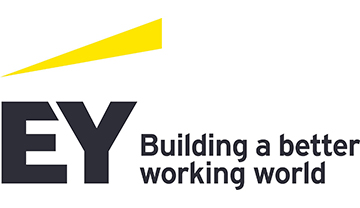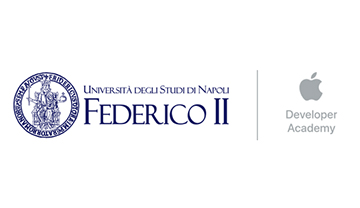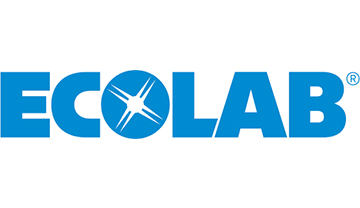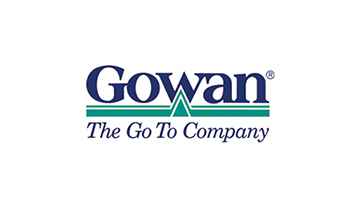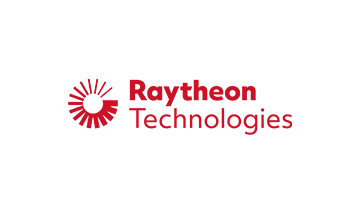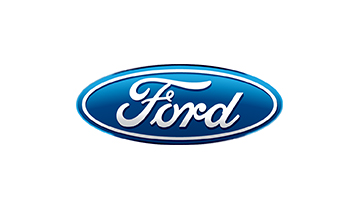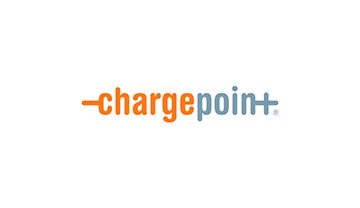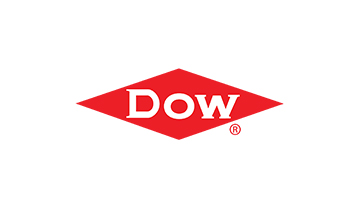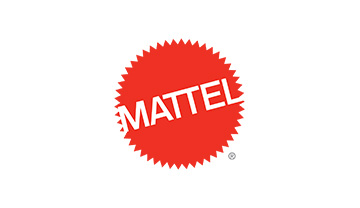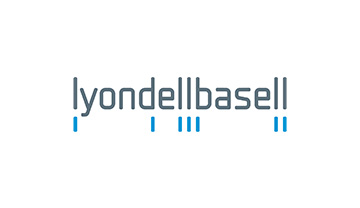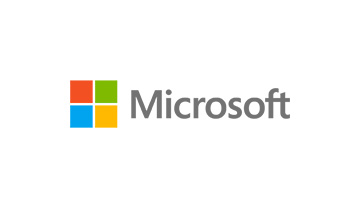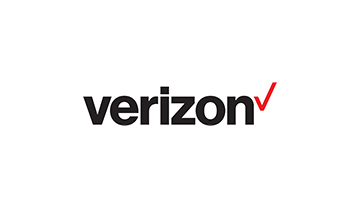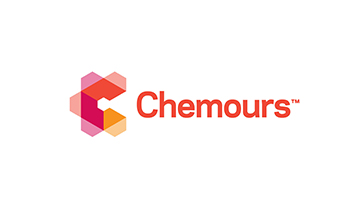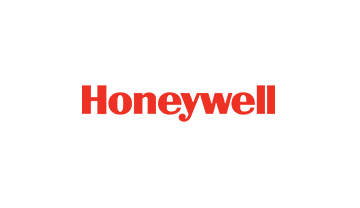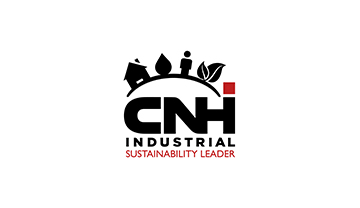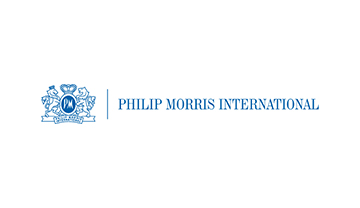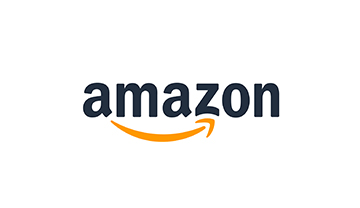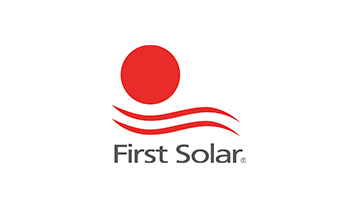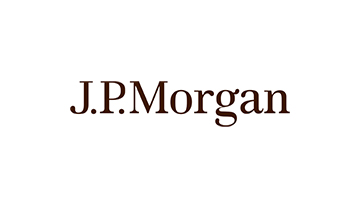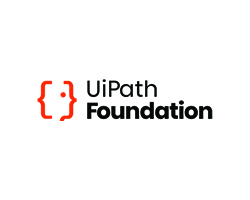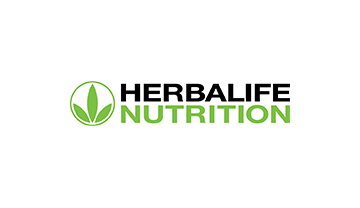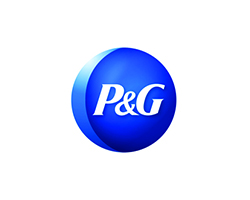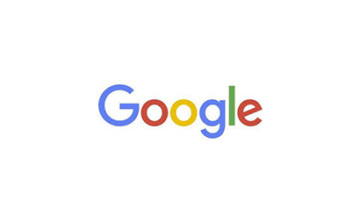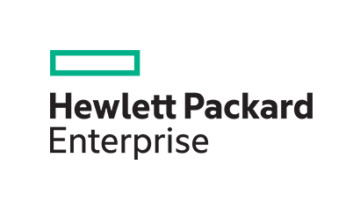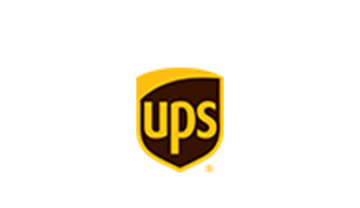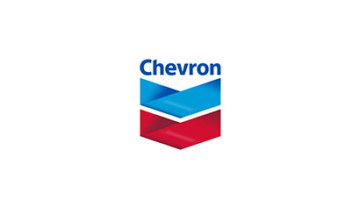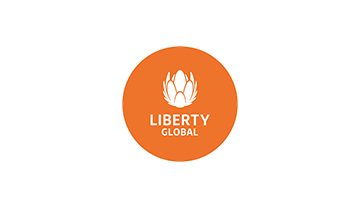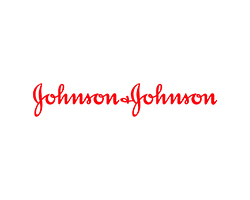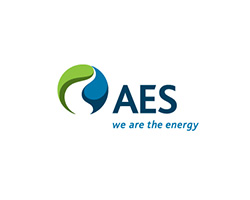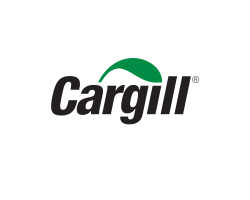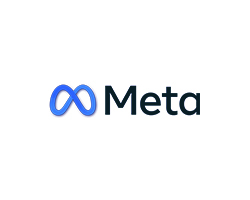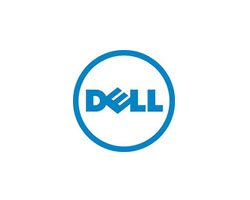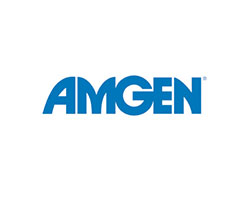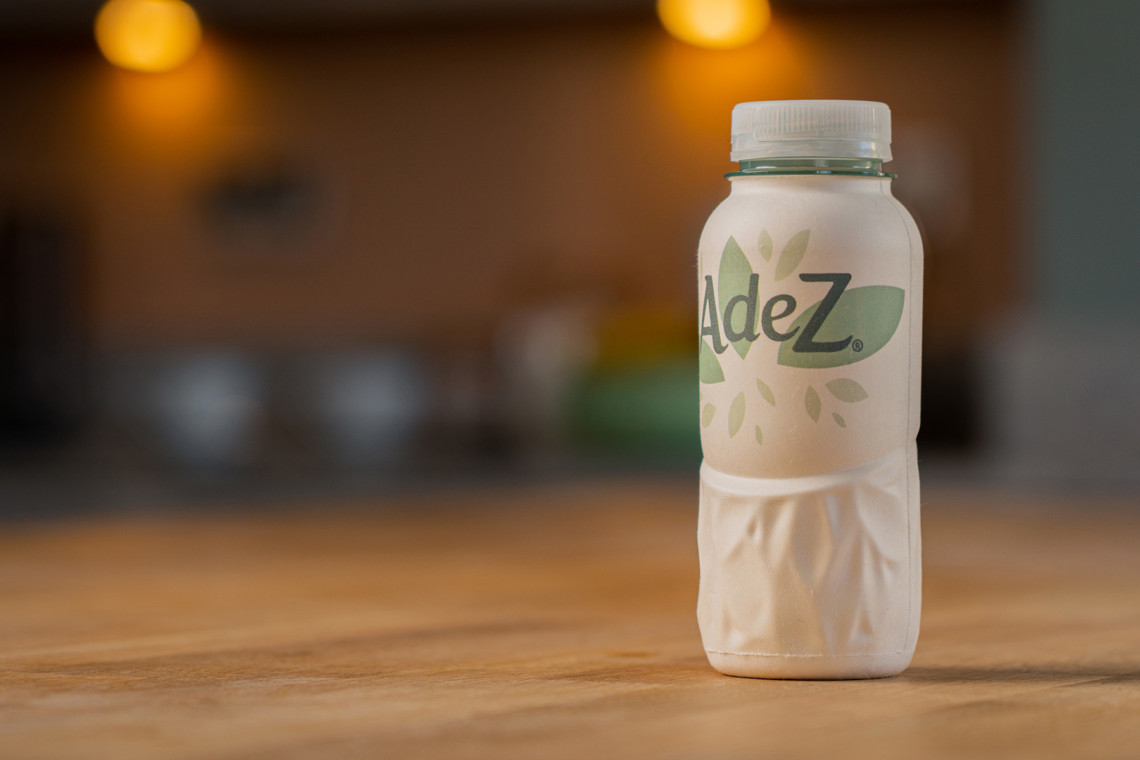
At the Coca-Cola Company (TCCC) innovation is at the heart of its strategy to bring a circular economy for packaging materials to life. An ‘outside the bottle’ thinking is necessary to help achieve their global goal of 100 percent recyclability with zero waste.
Innovative thinking is helping them remove unnecessary, hard–to–recycle plastic packaging and reach the 100 percent recyclability goal in Europe from 98 percent where it currently stands.
By 2025, at least 50 percent of the materials used for PET bottles in Europe will come from recycled plastic (rPET) or renewable materials. Between now and 2025 TCCC will reduce the total amount of virgin PET plastic it uses globally by three million metric tons.
Sweden is the first European market to have moved to 100 percent rPET bottles across all of TCCC’s brands. Norway, Iceland and the Netherlands have also begun the transition to 100 percent rPET bottles and in Italy, Belgium and U.K. the uptake of rPET is accelerating towards the same ambition. More countries will follow in 2021. Ultimately, TCCC could envision a future where we no longer use virgin plastics.
Unfortunately, switching from virgin plastic to rPET is not as simple as flicking a switch. Currently demand for food-grade quality plastic far outstrips supply.
To achieve this in Europe, TCCC is pledging its support for the introduction of well-designed Deposit Return Schemes. But investing in recycling innovation, infrastructure and networks requires long-term planning, a long-term perspective and legal certainty for operators. That means acknowledging that fully recyclable, collected and recycled packaging, are a legitimate part of that circular thinking, encouraged and incentivised, rather than be subject to taxes and bans.
New and emerging technology is also changing what packaging might look like in the future.
The same ’outside the bottle’ thinking led Coca-Cola in Europe to explore whether plastic waste from the ocean could be recycled and used to make new bottles. And with the help of their innovation partners Ioniqa and Indorama, they managed to recycle this specific material through enhanced recycling and produce the world’s first sample bottle, made with 25 percent marine waste.
Innovation involves all packaging types because they all have a place in the mix. Now, Coca-Cola in Europe is also innovating with paper packaging solutions. In collaboration with Danish start-up Paboco, they’ve developed a recyclable paper bottle prototype, which will be piloted soon via an online retailer in Hungary with the plant-based beverage brand AdeZ.
The aim of the trial is to see how the paper bottle prototype performs and to assess consumer reaction to it. The company’s aim is to produce a paper bottle than can be recycled as paper.
By taking an innovative approach across the board, from production, to collection, recycling and reuse of packaging, to getting rid of packaging altogether, TCCC is working for a World Without Waste.

More like this
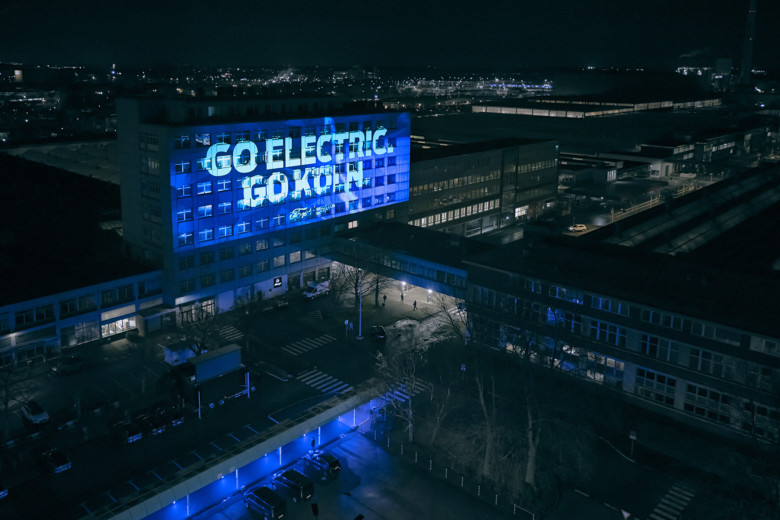
Shift towards zero-emission and digital mobility supports Green Deal objectives
Sustainable Mobility, The Green Way
